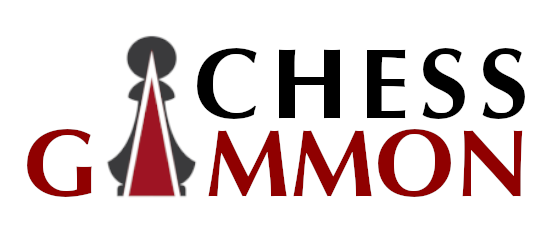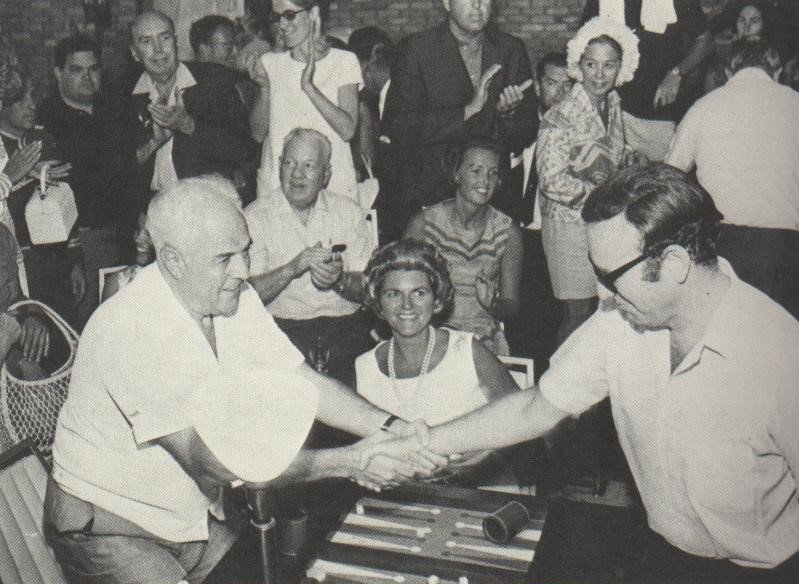Backgammon is a strategic board game that involves skilful play and strategic use of the doubling cube. As players become more familiar with the game, they may encounter optional rules that can enhance their gameplay. One such rule is the Jacoby Rule, which is commonly used in backgammon matches to speed up the game and encourage aggressive doubling. In this article, we will explore the Jacoby Rule in detail and shed light on how it works.
- Origins of the Jacoby Rule
- How the Jacoby Rule Works
- Strategic Considerations for Using the Jacoby Rule
- Conclusion
Origins of the Jacoby Rule
The Jacoby Rule is named after Oswald Jacoby, a renowned American mathematician, game theorist, and backgammon player. Jacoby, along with his brother John, was a prominent figure in the backgammon community and contributed significantly to the development of backgammon strategy. The Jacoby Rule was introduced in the 1970s as a way to encourage players to double more frequently and promote more aggressive play.
How the Jacoby Rule Works
The Jacoby Rule states that gammons (wins worth double the current stakes) and backgammons (wins worth triple the current stakes) are only counted if the doubling cube has been used at least once during the game. In other words, if a player wins a gammon or backgammon without having doubled their opponent at any point in the game, they only receive one point, regardless of the additional value of the gammon or backgammon.
The purpose of the Jacoby Rule is to speed up the game and promote aggressive doubling. Without this rule, players may be hesitant to double early in the game for fear of losing the potential additional value of a gammon or backgammon. The Jacoby Rule encourages players to be more aggressive with their doubling decisions, leading to more exciting and dynamic gameplay.
Strategic Considerations for Using the Jacoby Rule
The Jacoby Rule has significant strategic implications for backgammon play. It encourages players to double early and often, especially in situations where they have a significant advantage or a strong position on the board. By doubling early, players can put pressure on their opponents and force them to make difficult decisions about whether to accept or decline the double.
However, players should also exercise caution when using the Jacoby Rule. It’s important to assess the game state, the opponent’s skill level, and the position on the board before doubling. Doubling too aggressively or without proper evaluation can backfire and result in losses or missed opportunities.
Conclusion
The Jacoby Rule is a common optional rule in backgammon that promotes aggressive doubling and speeds up the game. Named after Oswald Jacoby, a prominent figure in the backgammon community, this rule encourages players to double early and often to create more exciting and dynamic gameplay. While it has strategic advantages, players should also be mindful of the game state and opponent’s skill level when deciding to use the Jacoby Rule. Incorporating this rule into your backgammon games can add an extra layer of excitement and challenge, making it a popular choice among experienced players.
How to Play Backgammon?
Have you read about our article on how to play backgammon? Click Here
Credits: Quantumgambitz






